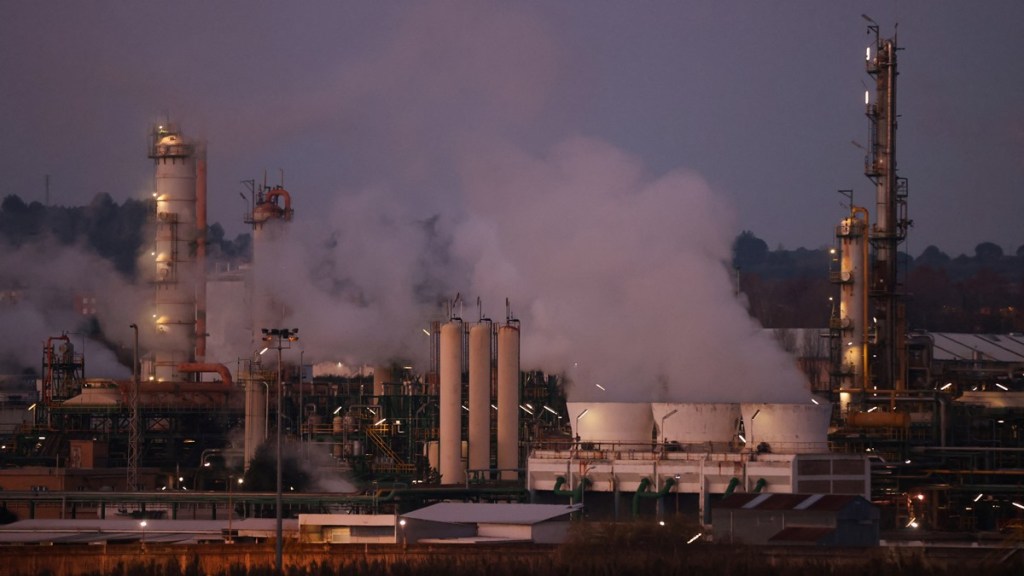On the eve of the Union Budget 2024, the chemical industry has sought tax reforms and technological support in order to maintain sustainable growth. Furthermore, in the wake of the geo-political crisis in Europe and Middle East, the industry wish-list also includes relief in the freight services through the Red Sea and anti-dumping measures to prevent countries like China, Korea and Thailand from pouring Indian markets with their cheaper products.
Abhay V Udeshi, Chairman, of CHEMEXCIL (Basic Chemicals, Cosmetics and dyes Export Promotion Council), said, “For the Budget 2024, the government should consider about the RoDTEP (Remission of Duties and Taxes on Export Products) Scheme, challenges in freight services due to the instability in the Red Sea and some tax exemptions for the investments in research and development.”
Also Read: Budget 2024 Live Updates
He said, “The RoDTEP Scheme provides for a flat 0.8% exemption rate for the chemical exporters but the industry needs the rates to range between 1% to 5% depending on different criteria because the flat rate is reducing the export competitiveness of Indian manufacturers. Apart from that, seeing worsening conditions around the Red Sea, the government should also provide some freight support packages to help the industry in dealing with increasing freight rates.”
The RoDTEP Scheme came into effect from January 1, 2021. The scheme ensures that the exporters receive the refunds on the embedded taxes and duties so that Indian manufacturers can compete with international players and boost their exports. Stressing on the need to provide additional technological support, Jaimin Vasa, Chairman, Gujarat Chemical Association, claimed that due to lack of technological know-how and new tech developments in the sector, India is not in a position to eliminate import dependency on China and other countries.
He also said, “Because of the poor performance in the Textile Sector, domestic chemical demand has been impacted. Furthermore, the geo-political instabilities across the globe are hampering the global demand. Our lack of advanced technology forces Indian manufacturers to buy costlier raw materials which makes our products more costly.”
Vasa, who is also the Chairman of Vasa Pharmachem Private limited, further told FE, “If we want reach the market size of $ 300 billion by the end of 2025 from its current size of $ 220 billion, we need to ensure the availability of competitive finance and easy access to commercial service centers for the MSMEs in the sector. In order to achieve sustainable growth in the chemical sector, it is necessary that the MSMEs contribute at least 40% of the industry.”
Maulik Patel, CMD, Epigral Limited, said, “India is among the very few markets which have a robust internal demand and we need to revisit the Free Trade Agreements with other countries because current FTAs are making Indian manufacturers less competitive in the global market. Countries like Thailand are dumping their products in India at 0% duty while we have to pay a duty of around 6.5% when we export to other countries.
Additionally, this difference also impacts the incoming FDIs in the chemical sector as the investors choose to invest in more technologically advanced countries like Thailand because they can also have access to Indian markets without bearing any extra cost”, added Patel.
Commenting on the elimination of import dependency in the chemical sector, Patel said, “The rate of demand growth in the Indian chemical market is more than the rate of supply growth which means that the demand in India is always going to be larger than the supply and we will always be dependent on imports. China captures around 50% of the global market compared to India’s share of 3% – 4%.
This also indicates that the whole world is going to be dependent on China for chemicals for the foreseeable future. But, it should be noted that after the Covid pandemic, the whole world is looking for a second manufacturing hub other than China and India have all the capabilities to become that option.”
